
Commenting on the draft document to be submitted to the 14th National Congress of the Party, Dr. Ta Dinh Thi, National Assembly delegate of Hanoi City, mentioned the orientation for sustainable development of the marine economy , on the basis of thoroughly grasping Resolution No. 36-NQ/TW dated October 22, 2018 of the 8th Central Conference of the 12th term and other relevant resolutions of the Party.
Dr. Ta Dinh Thi said that Vietnam is a maritime nation, with a history, tradition, culture and the process of building and defending the country closely linked to the sea. The East Sea has a particularly important position in terms of geostrategy, politics , economy and nature for our country.
Recently, the Central Committee has issued two specialized resolutions, the Politburo has issued many resolutions and conclusions on related issues with the general goal of striving to make our country a strong maritime nation, get rich from the sea, firmly ensure national sovereignty over seas and islands, and make an important contribution to the cause of industrialization and modernization of the country.
This is a major policy, in line with the general trend of the world and meets the requirements of the cause of building and defending the Fatherland. Implementing the Party's policy, we have achieved many important achievements in all aspects of economy, society, environment, national defense, security, foreign affairs and international cooperation. However, it can be seen that up to now, we have not yet fully utilized and exploited the potential and strategic advantages of the sea for sustainable development of the country.
World practice shows that successful maritime nations attach importance to protecting, exploiting, and sustainably using marine resources, environment, and space. All the world's major powers and economies are maritime nations (except Switzerland). Many countries consider advancing to the sea, mastering the sea, protecting, exploiting, and sustainably using marine space as a major national development strategy; the "blue ocean economy" is a key pillar.
From the country's reality and international experience, we are required to fully perceive, renew our thinking, and perfect policies to turn the great potential of the sea into a driving force for sustainable development, adapting to global trends, in addition to creating new development spaces in space and underground.
Therefore, it is necessary to evaluate and deepen the related contents in the draft Political Report, including the draft Action Program to implement the Resolution, focusing on researching, supplementing and clarifying the following contents: Promoting the transformation of the development model towards "Blue Marine Economy", this is an inevitable trend, in which marine economic development must be based on the foundation of ecosystem conservation, biodiversity and minimizing environmental impacts.
Developing marine renewable energy into a spearhead marine economic sector requires a national strategy for offshore wind power, with a roadmap and specific mechanisms to attract investment, promote technology transfer, and develop supporting industries. Offshore wind power not only contributes significantly to energy security and the Net Zero target, but also creates a new growth pole.
Promote high-tech, ecological aquaculture, shift from natural exploitation to sustainable aquaculture development, apply circular technology, minimize environmental pollution, build "green" seafood brands that meet international standards. Develop sustainable and smart marine tourism, prioritize eco-tourism and community tourism models associated with environmental protection and marine culture preservation. Apply digital technology in tourism management to reduce pressure on the environment and enhance experiences.
Closely linking the development of the marine economy with the Net Zero target, all economic activities at sea must aim to reduce carbon emissions. Greening the shipping and port services industry, encouraging and supporting ships to use clean fuel; investing in shore power supply systems for ships docking at ports; developing green ports, applying energy-saving and emission-reducing technologies. Protecting and restoring "green carbon sinks", marine ecosystems such as mangroves, seagrass, and coral reefs are extremely effective natural carbon sinks. There needs to be specific policies to protect, restore, and expand the area of these ecosystems, and at the same time, research to be able to calculate and include them in the national carbon accounting system.
Strengthening foreign affairs, international cooperation and resource mobilization for the blue economy, proactively participating in international initiatives and institutions on the blue economy and ocean protection. Taking advantage of financial support, technology and management experience from countries and international organizations; Attracting private investment in blue economy projects, building green financial mechanisms (green bonds, green investment funds) prioritizing marine renewable energy projects, sustainable aquaculture, and marine environmental pollution treatment.
For the above reasons, Dr. Ta Dinh Thi proposed to research and integrate the blue ocean economic ideology and the Net Zero target into the content of the national sustainable marine economic development strategy in the Document, demonstrating the vision, in line with the trend of not only effectively exploiting marine resources and space but also ensuring the longevity of the sea and ocean for future generations of the country.
"We have great confidence and hope that under the wise leadership of the Party, headed by General Secretary To Lam, we will take decisive action to turn Vietnam into a strong maritime nation, rich from the sea on the basis of green and sustainable development," said Dr. Ta Dinh Thi, National Assembly delegate of Hanoi.
Source: https://baotintuc.vn/thoi-su/dinh-huong-phat-trien-ben-vung-kinh-te-bien-delam-giau-tu-bien-20251110154737680.htm





![[Photo] Prime Minister Pham Minh Chinh attends the annual Vietnam Business Forum](https://vphoto.vietnam.vn/thumb/1200x675/vietnam/resource/IMAGE/2025/11/10/1762780307172_dsc-1710-jpg.webp)




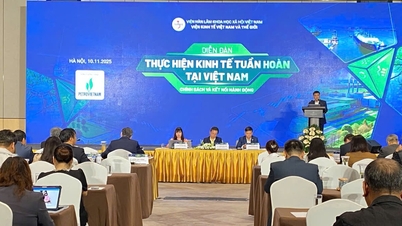

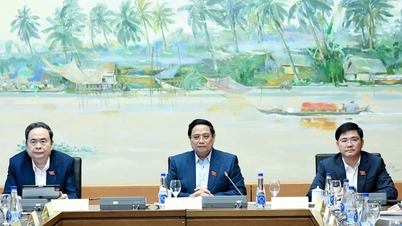
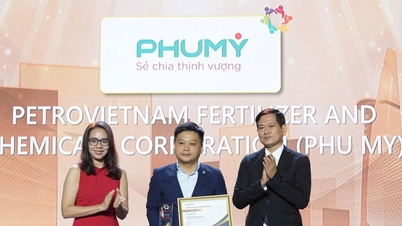


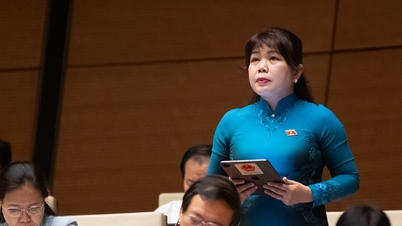
![Building 'fortresses' against natural disasters: [Part 5] Outstanding technologies](https://vphoto.vietnam.vn/thumb/402x226/vietnam/resource/IMAGE/2025/11/11/1762824019713_0037-0021-images1955226_f-nongnghiep-000009.jpeg)



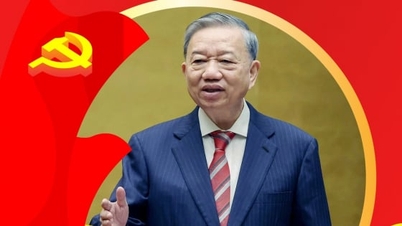







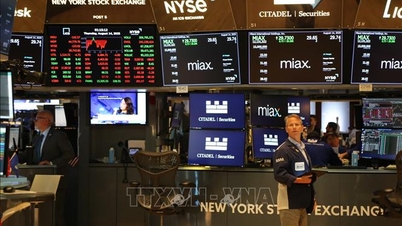
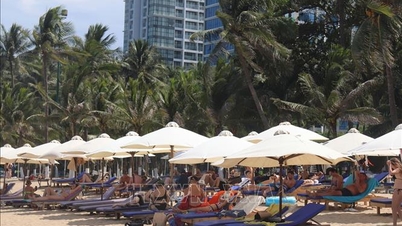

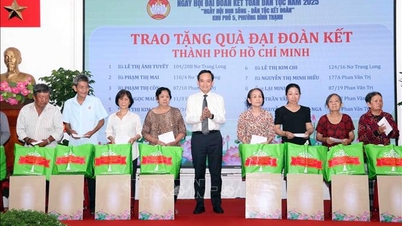

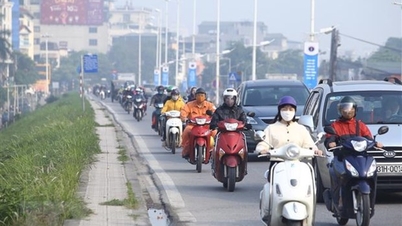












































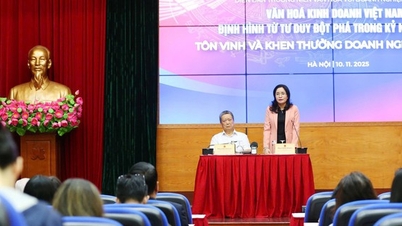









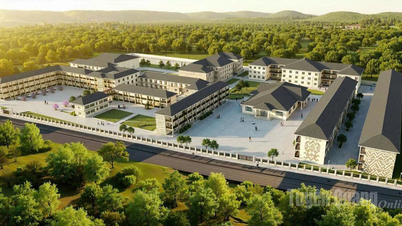

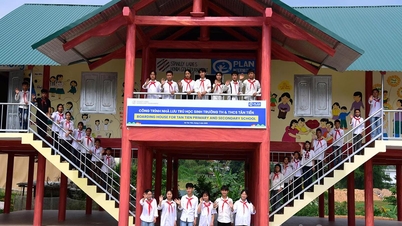



![Dong Nai OCOP transition: [Article 3] Linking tourism with OCOP product consumption](https://vphoto.vietnam.vn/thumb/402x226/vietnam/resource/IMAGE/2025/11/10/1762739199309_1324-2740-7_n-162543_981.jpeg)







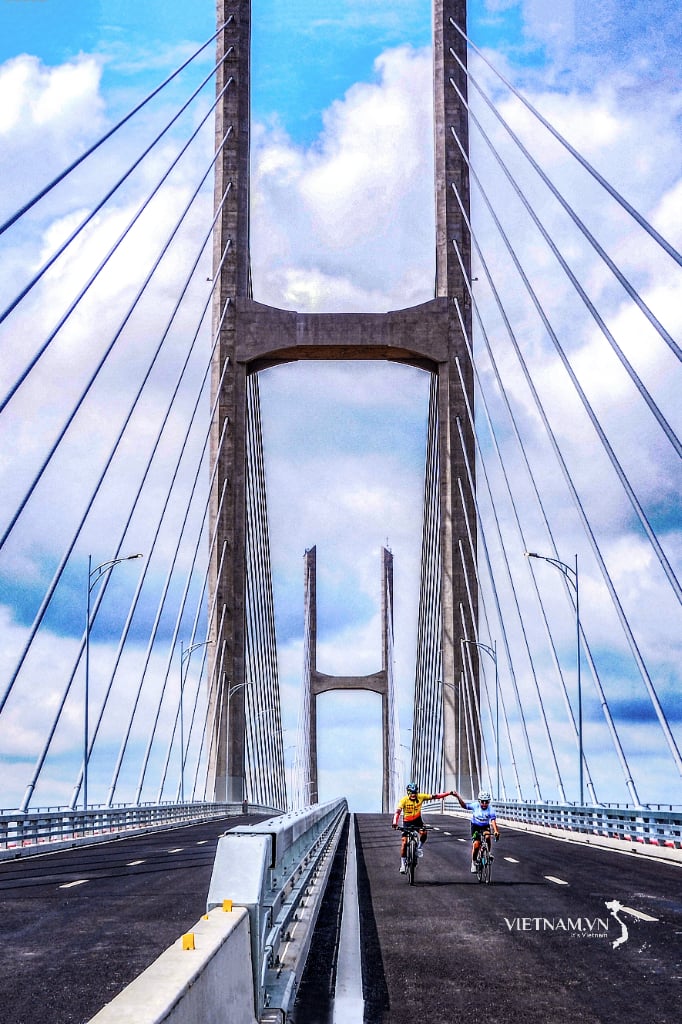



Comment (0)